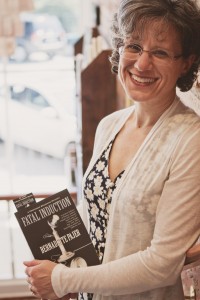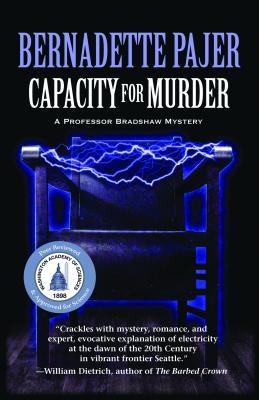By: E. Lynn Hooghiemstra
Description:
Maggie
was ready to embrace life and enjoy attending vocational college when
the war came to her village in the Netherlands and changed everything.
In a series of interconnected stories Maggie struggles with fear,
shortages, the resistance, the dangers of falling in love and who to
trust. Nothing is as it had been and, as the holder of the fountain pen
learns from her comfortable office in the present day, fear and
uncertainty are ever-present companions.
As the
narrator fills and refills the inherited fountain pen from the 1940s,
the pen takes on a life of its own as it relates the details of the
events that shaped Maggie’s life, and strengthens the bond between
Maggie and her future daughter.
A novella now available at your favorite E-Book seller.
EXCERPT:
I
have avoided the siren’s call all day and only now on the cusp of
twilight do I have the courage to go where the pen wishes to take me. It
is, however, a fleeting courage. With some trepidation I unscrew the
cap on the old pen.
Why I should feel this much
fear I cannot say. Perhaps I feel every time I uncap the pen I am
Pandora releasing a multitude of horrors, not necessarily upon the
world, but upon myself. Will hope remain behind in the pen once I’ve set
free all those memories, or will my life become overly burdened and
perhaps irreparably harmed by my mother’s stories? Was that why she kept
them secret; hidden in her pen?
Before I can
lose myself in these contemplations the pen pulls me in, faster than
before. I find myself in the dark, and disoriented.
Where am I—or rather, where is my mother?
* * *
Slowly my eyes adjust.
I
am outside. The breeze is cold, but not unbearably so. Stars shine
brightly overhead, but I see no sign of the moon. Perhaps that is why I
am out this night. But what am I doing here on a deserted back road
surrounded by farmland?
“Are you coming?” the familiar voice of my brother whispers. “We don’t want to get caught by a patrol.”
“Oh,
right. I was just admiring the stars,” I say, and look at my brother.
His face is almost hidden by the dark; I can barely make out his
features.
He takes my arm and we walk along the
empty road toward a structure in the distance. Of course: the Adema
farm. I am taking my brother to the farm to hide him from the Germans.
But, wait. This is not the way to the Adema farm. Are we going even further away?
Just then, Theo puts his arm around my shoulder and pulls me close.
“Patrol, act married,” he hisses in my ear.
“Right.” I remember what our plan was now.
I
snuggle against his shoulder. My left hand is in my pocket and I can
feel our mother’s wedding band on my ring finger. Everything has been
set up to give the appearance of a married couple.
“Halt,” a gruff voice behind us calls out.
We stop and slowly turn around to find a small German military vehicle with its headlights shuttered.
Fear
spreads from the pit of my stomach through my whole body. This is no
ordinary patrol. These are people on a special mission, I’m sure of it.
There are twice as many soldiers on the vehicle as normal and they have a
Gestapo member with them.
They are after somebody big and I only hope it’s not us. It can’t be us. There is no possible way they could be after us.
“Who
are you and why are you out after curfew?” the man in the long leather
coat purrs malevolently. He’s a Dutch man who’s joined the enemy. How I
hate those.
“I’m Theo Hooghiemstra and this is
my wife, Maggie. We received word that my mother is dying and we have
traveled for most of the day and half the night to get to her,” Theo
says smoothly.
The man purses his lips in thought while some of his soldiers openly leer at me.
I
realize how incredibly vulnerable I am here in the dark with just my
brother for protection. My teeth start to chatter, perhaps from cold but
more likely from fear.
Why does this man not control his soldiers? I had heard they were under orders not to molest Dutch women.
Two of the soldiers slowly circle us, like predators circling prey.
Theo’s
hand is holding mine, tightly, and I am grateful he is there, though
I’m wondering why I thought this “adventure” was a good idea. My courage
seems to have deserted me.







